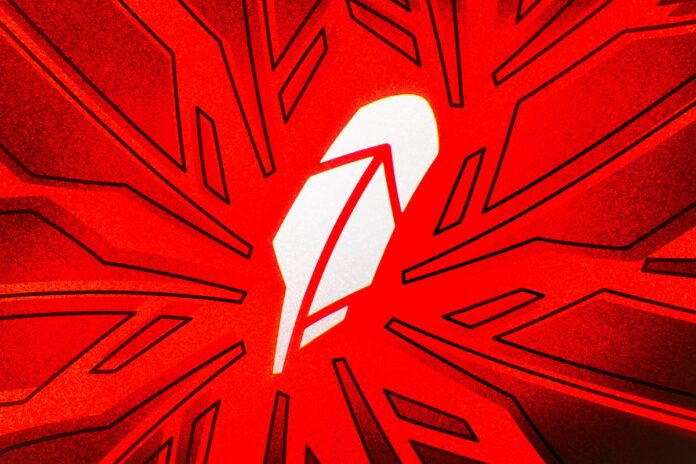Image Courtesy: The Verge
On its first day of trading, Robinhood began trading at $38, plummeted around 10%, rebounded, but still finished down 8% at $34.90. According to Bloomberg, it’s the worst first day among 51 companies that raised as much as Robinhood or more. It’s also terrible news for Robinhood’s attempt to sell a piece of the IPO to retail investors.
Moreover, because of worries about volatility or because Robinhood intended to assure a pop for its retail investors, Robinhood’s shares priced near the bottom of the planned price range of $38 to $42 per share. According to The New York Times, even though Robinhood claimed it would distribute up to 35 percent of its shares to retail, just 20 percent did, indicating “less interest than expected.”
According to Robert Le, a Pitchbook analyst, institutional investors — those who typically buy IPOs and who bought the bulk of this one — may be wary of future IPOs if there are a lot of retail investors participating. This might mean that bankers and other firms will limit access to future IPOs for individual investors.
In the long term, a terrible first day of trading for Robinhood might not matter much. In 2012, Facebook had a terrible IPO, selling at $38, doing nothing on the first day, and then plummeting over the next few trading days. By the way, the current share price of Facebook is $358.32. It is, without a doubt, a success! So I’m not sure what today means for Robinhood as a business. Furthermore, Robinhood offered shares to its users, who may be long-term investors if they enjoy the service.
According to Josh White, an associate professor of finance at Vanderbilt University and a former financial economist for the Securities and Exchange Commission, it’s possible that individual investors aren’t attempting to optimise their profits right now. They may be playing a game of chance. “Investors are attempting to maximise their pleasure rather than their wealth,” White explains. “Trading stocks provides a lot of individuals with usefulness, as well as enjoyment and joy.” Perhaps this is preferable than going to a casino or gambling on DraftKings since the money can be used to invest in employment and growth.
The growth of parody stocks and retail investing has become synonymous with Robinhood. In fact, according to a lawsuit filed today by the SEC against Nikola founder Trevor Milton, Milton “engaged in a persistent public relations blitz directed at a class of investors he dubbed “Robinhood investors.” According to the complaint, Milton used the number of new Robinhood investors who bought Nikola’s shares as a metric of performance. Nikola, which peaked at almost $65 last year and is now worth $12.26, is being accused with securities fraud.


























